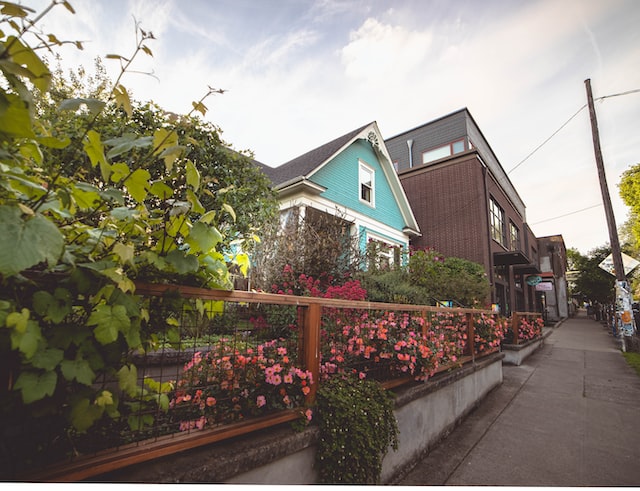If you’re thinking of becoming a landlord, you’ll need to know how to manage your tenant’s needs and get the best return on your investment. Read this article for expert advice on being an excellent landlord.
Table of Contents
How to become a landlord?
Before becoming a landlord in the UK, there are a few things to consider. First, you need to make sure that you have the financial stability to cover any repairs or unforeseen costs that may come up. You should also be prepared to deal with potential tenant issues, such as late rent payments or property damage. It’s important to have a good understanding of the law surrounding tenancy agreements and your rights and responsibilities as a landlord. Finally, you must be sure you’re prepared to commit to being a landlord for the long term. Becoming a landlord can be a great way to earn extra income if you can handle all these things.
What should a landlord provide in an unfurnished property?
It’s crucial to keep in mind that unfurnished does not imply that the house needs to be empty when the tenant comes in. In fact, that is probably going to turn away prospective tenants.
A rental home that isn’t furnished should have the following features:
- Kitchen fixtures
- Bathroom fixtures
- Flooring
- Curtains
- White goods like a freezer, microwave, and washing machine
- Safety provisions
- Basic household items (mop, dustbins, doormat)
Even while there are some items you are not required to give by law, it is still a good idea to think about going above and above the bare minimum to make your tenant feel safe, at home, and content in the rental. In any leasing arrangement, a positive tenant-landlord relationship is essential.
How often should a landlord redecorate a rental property?
It is generally recommended that landlords redecorate their properties every few years in order to keep them looking fresh and up-to-date. This also helps to ensure that they remain in good condition and attract tenants. There isn’t a set guideline for when to redecorate because it depends on how many people live there and how they live, so it’s best to keep an eye on things at the end of each tenancy. In this manner, you can make minor adjustments to the property here and there to keep things in good nick as you go. You can find a variety of trades here to help keep your property in good condition.
Landlords should consult with their local authority to determine what specific regulations they must comply with.
What is landlord insurance?
Landlord insurance is a type of insurance designed to protect landlords from financial losses related to their rental property. Landlord insurance can give peace of mind to landlords, knowing that they are financially protected in case something goes wrong with their rental property.
The most common type of landlord insurance is buildings insurance, which covers the cost of repairing or rebuilding your property if it is damaged by fire, flood, subsidence, or another insured event. Contents insurance is also available to cover the cost of damage to your personal belongings or furniture, while public liability insurance can protect you against claims from tenants or members of the public who suffer an injury or property damage as a result of your negligence.
When can a landlord evict a tenant?
In the UK, a landlord can evict a tenant for several reasons. The most common reason is if the tenant fails to pay rent. The landlord can also evict a tenant if they damage the property, are disruptive to other tenants, or engage in illegal activity. If a tenant violates their lease agreement, the landlord may also have grounds for eviction.
Depending on the kind of lease agreement you have and its provisions, landlords must adhere to strict processes if they wish their tenants to vacate their homes.
An option for landlords that are struggling to evict a tenant is to sell their property with the tenant in it. Fast property buying companies such as Property Rescue will buy it even with the tenant inside. Then they will handle the eviction.
How long does a landlord have to return the deposit?
In the UK, landlords have to return the deposit within 10 days of the tenant moving out. If you have an assured shorthold tenancy, your landlord is required to deposit your security deposit in a tenancy deposit scheme (TDP) that has been recognized by the government. Your landlord may accept valuable items (such as a car or watch) as a deposit in place of money if you do not have an assured shorthold lease on your rental property. There won’t be a plan to safeguard the objects.
What is tax deductible on rental property?
Landlords in the UK can deduct a variety of expenses from their taxable income. You can use the property allowance to receive up to £1,000 in tax-free rental income each year. You could be able to deduct the expense of replacing domestic things, including furniture, kitchenware, appliances, and moveable furniture if you rent out a residential property (a dwelling house).


